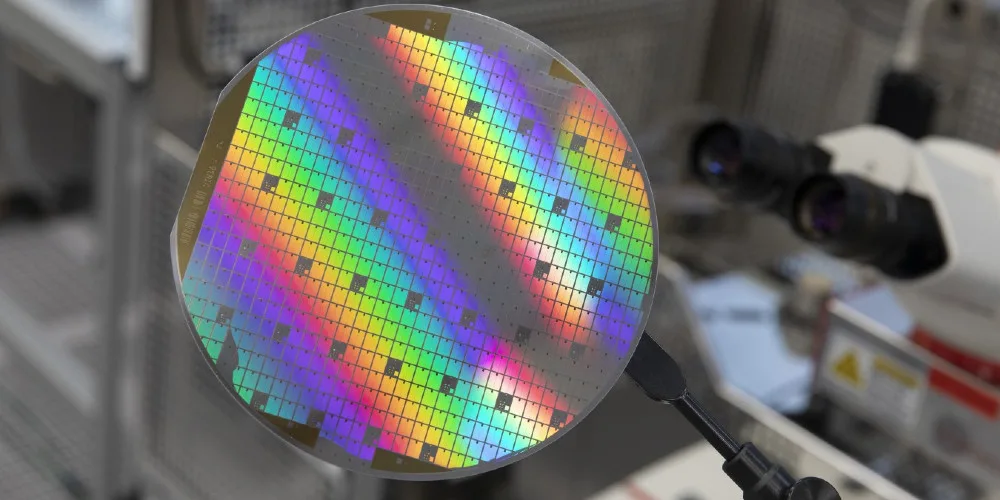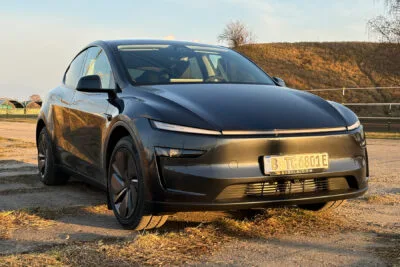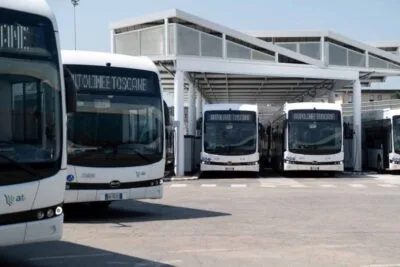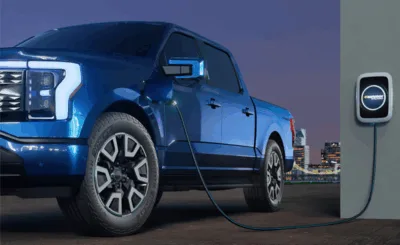Bosch to invest over $1 billion in e-mobility capacities in China
Bosch has announced that it will invest around one billion US dollars over several years in the development and production of components for electromobility and automated driving in China – and will build a centre for research, development and production in Suzhou for this purpose.
The subsidiary Bosch Automotive Products will be responsible for building the facility at the existing Bosch site in the city of Suzhou, west of Shanghai. The centre, long-titled “Bosch R&D and Manufacturing Base for New Energy Vehicles Core Components and Automated Driving”, will cover 300,000 square metres and, according to an official company statement, focus primarily on electrified drive products with the latest SiC power modules, integrated braking systems and solutions for automated driving. The first phase of construction is to be completed by mid-2024.
Bosch mentions around one billion US dollars or around seven billion yuan – the equivalent of around 950 million euros – as the investment sum. According to the German publication Handelsblatt, this is the second-largest single investment in the company’s history after the chip factory in Dresden. “China is the world’s largest auto market, full of promise and vitality. As a multinational enterprise, we need to make full use of the country’s local R&D capability and production capacity,” says Bosch Chairman of the Board Stefan Hartung, commenting on the move. Hartung is also responsible for Bosch’s China business on the board of management.
“Through continuous development in China, Bosch will further expand its global competitiveness and create a solid foundation for the road to the future of mobility,” Hartung added. Since Bosch Suzhou was founded in 1999, Bosch says it has continuously expanded its investments in the city and deepened its cooperation with local partners. According to the Handelsblatt, 10,000 people are currently employed in four plants in Suzhou. The German company also emphasises that it is leading the way in transforming the entire car industry in the city into a modern sector.
According to Yudong Chen, president of Bosch China, the investment will enable the company to “better respond to the fast-changing and demanding demand of the local market”. Bosch remains true to its “local for local” development strategy in order to deepen its roots in the local market and support China’s path to future electrified and intelligent mobility.
It is precisely this latter statement that does not meet with enthusiasm everywhere. The Handelsblatt writes of a threatening one-sided dependence on China. The passage in the wording: “The silicon carbide power modules are particularly delicate. Bosch is the only automotive supplier to build silicon carbide chips itself. (…) With Bosch’s power electronics, the Chinese manufacturers of electric cars will become even more powerful and thus more dominant on their home market than they already are. Recently, German carmakers have been losing significant market share in the Chinese market, especially in electric cars.”
Bosch is recording strong annual increases in revenues in the field of electromobility. In 2021, the Group registered an order volume of more than ten billion euros in the e-mobility sector for the first time. The figures for 2022 are not yet available. In addition to drive solutions, Bosch sees a particularly lucrative market in hydrogen components. In May 2022, the company announced its intention to enter the development of components for electrolysers. As is known, Bosch has never entered the battery cell market.
bosch.com.cn, handelsblatt.com (in German)




